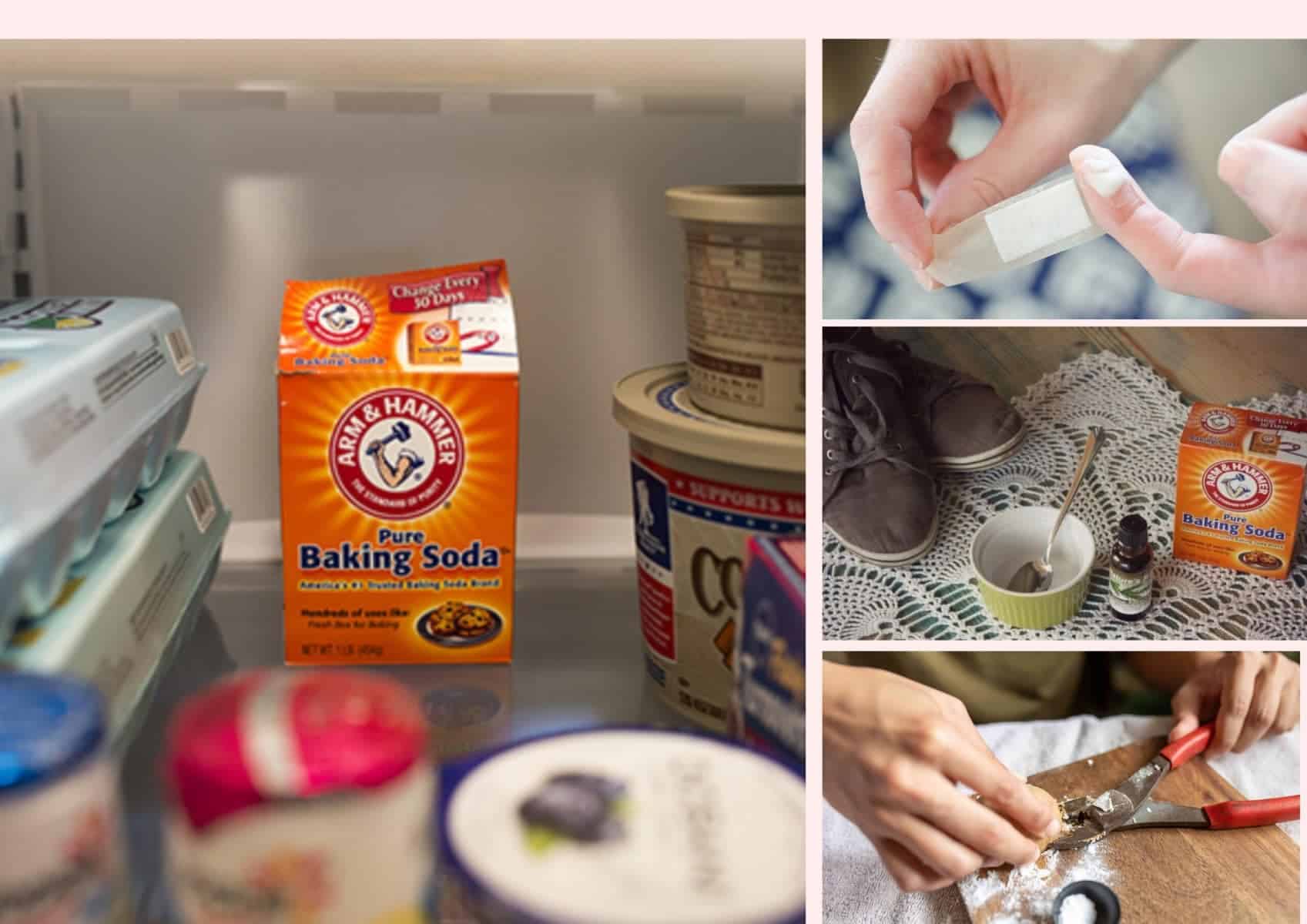Fresh Isn’t Always Better: When to Choose Frozen Vegetables Instead
Many shoppers instinctively reach for fresh vegetables, believing they’re always the healthiest and tastiest choice. But is “fresh” truly best in every situation? With our busy lives and unpredictable schedules, frozen vegetables have quietly become a nutritional powerhouse and a kitchen staple. They’re more than just a backup plan—they often rival, or even surpass, their fresh counterparts in certain ways. In this article, we’ll explore when choosing frozen makes the most sense and reveal surprising scenarios where these frosty options shine.
1. When Out-of-Season Produce Is Needed

Craving berries in winter or sweet peas in spring? Frozen vegetables make it possible to enjoy your favorites year-round, regardless of the season. Because they’re picked and frozen at their peak ripeness, these veggies often retain more nutrients than “fresh” produce that’s been shipped thousands of miles. Instead of settling for limp beans or flavorless corn, reach for frozen options when your favorite produce is out of season—they’re fresher than you might think.
2. For Consistent Nutritional Value

Frozen vegetables are typically harvested and flash-frozen within hours, locking in their vitamins and minerals. In contrast, fresh produce may spend days traveling and sitting on shelves, gradually losing nutritional value. For example, frozen spinach often delivers higher levels of nutrients compared to fresh spinach that’s wilted in your fridge. If you want reliable nutrition with every meal, don’t underestimate the consistency that frozen vegetables provide.
3. When Meal Prep Time Is Limited

When life gets hectic, convenience matters. Frozen vegetables come pre-washed and pre-cut, making them a lifesaver for busy cooks. No need to spend precious minutes peeling carrots or dicing onions—grab a bag of frozen stir-fry mix or chopped peppers and toss them straight into your pan. With frozen options, you can put together a nutritious meal in minutes, skipping the mess and stress of traditional prep.
4. To Minimize Food Waste

One of the biggest advantages of frozen vegetables is their ability to reduce food waste. You can easily portion out only what you need and return the rest to the freezer, where it will stay fresh for months. Unlike fresh produce—think of that forgotten bunch of broccoli wilting in the crisper—frozen veggies won’t spoil before you use them. This means less guilt, less waste, and more value from every grocery trip.
5. For Budget-Friendly Shopping

When it comes to saving money, frozen vegetables are a smart choice. They’re usually more affordable than fresh, especially for off-season or exotic varieties. Buying a frozen stir-fry blend, for example, can cost far less than purchasing all the fresh ingredients separately—and it’s available in bulk, stretching your food budget further. With frozen veggies, you can enjoy variety and nutrition without overspending at the checkout.
6. When Cooking for Large Groups

Preparing meals for a crowd can be overwhelming, but frozen vegetables make it much easier. They’re perfect for whipping up big batches of soups, casseroles, or side dishes—without spending hours cleaning and chopping. Toss a bag of frozen corn into your chowder or use mixed frozen veggies for a hearty potluck stew. You’ll save time and energy while still serving dishes that are colorful, nutritious, and crowd-pleasing.
7. For Special Dietary Needs

If you’re managing your sodium intake or counting calories, frozen vegetables can be a great ally. Most are packed without added sauces, salt, or preservatives—just pure vegetables. For example, you can easily find plain frozen green beans or carrots to use in low-sodium or low-calorie recipes. This makes it simple to create meals tailored to your health goals, without sacrificing convenience or flavor.
8. In Emergency or Backup Meal Planning

Having frozen vegetables on hand is a lifesaver when meal plans change or your fridge is nearly empty. They’re a reliable pantry staple for quick, nutritious dishes in a pinch. Toss frozen peas into last-minute pasta, or add a handful of mixed veggies to fried rice for a fast, wholesome meal. With frozen options in your freezer, you’re always just minutes away from something healthy and satisfying.
9. When Texture Isn’t Critical

For recipes where vegetables are pureed, blended, or cooked until soft, frozen options work perfectly—sometimes even better than fresh. Think of soups, stews, or sauces where crispness isn’t needed. For example, frozen spinach melts seamlessly into lasagna, and frozen carrots become tender and flavorful in a simmering soup. When texture isn’t the star, frozen vegetables can be just as delicious, nutritious, and convenient as their fresh counterparts.
10. For International or Exotic Dishes

The frozen food aisle is a treasure trove for cooks seeking international or exotic vegetables that might be unavailable or expensive fresh. You’ll often find okra, edamame, or artichoke hearts in the freezer, making it much easier—and more affordable—to prepare global recipes at home. Skip the specialty market and try a new dish with these convenient, frozen finds. With such variety on hand, world flavors are just a freezer drawer away.
Conclusion

Choosing between fresh and frozen vegetables doesn’t have to be an either-or decision. As we’ve seen, frozen vegetables offer convenience, nutrition, affordability, and versatility for a wide range of kitchen scenarios. Whether you’re short on time, cooking for a crowd, or seeking out-of-season or exotic produce, the freezer aisle often has the ideal solution. Stay open-minded and flexible—experiment with both fresh and frozen to make the best choices for your meals, your budget, and your lifestyle.
.article-content-img img { width: 100% }




